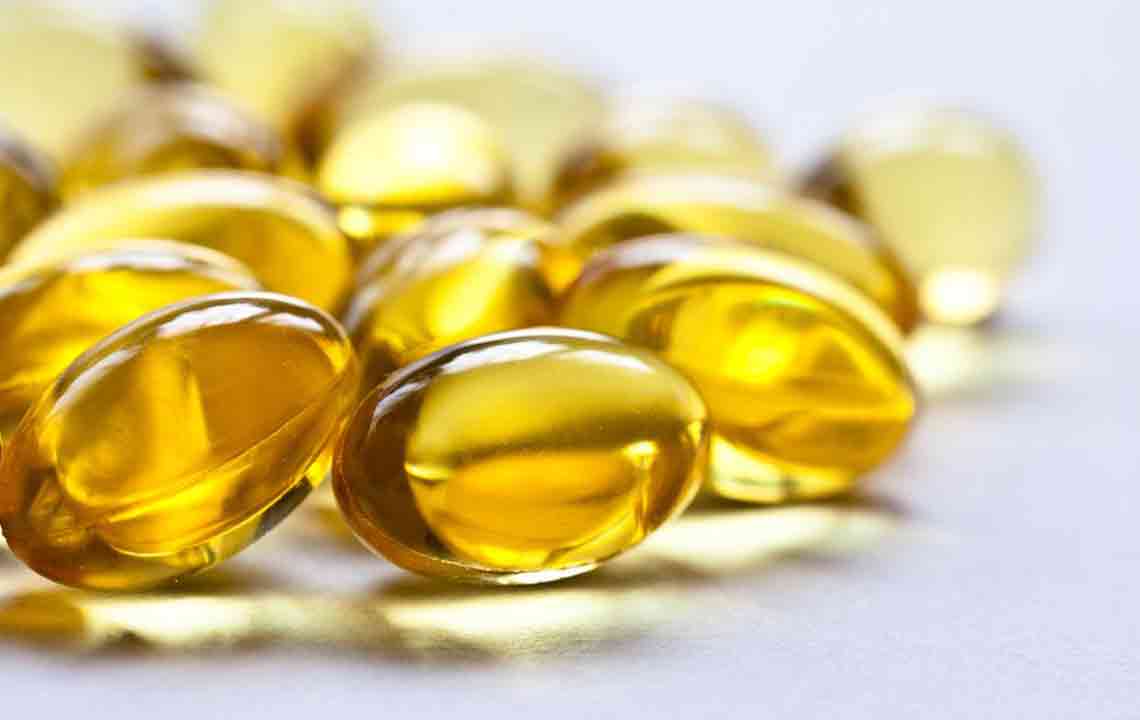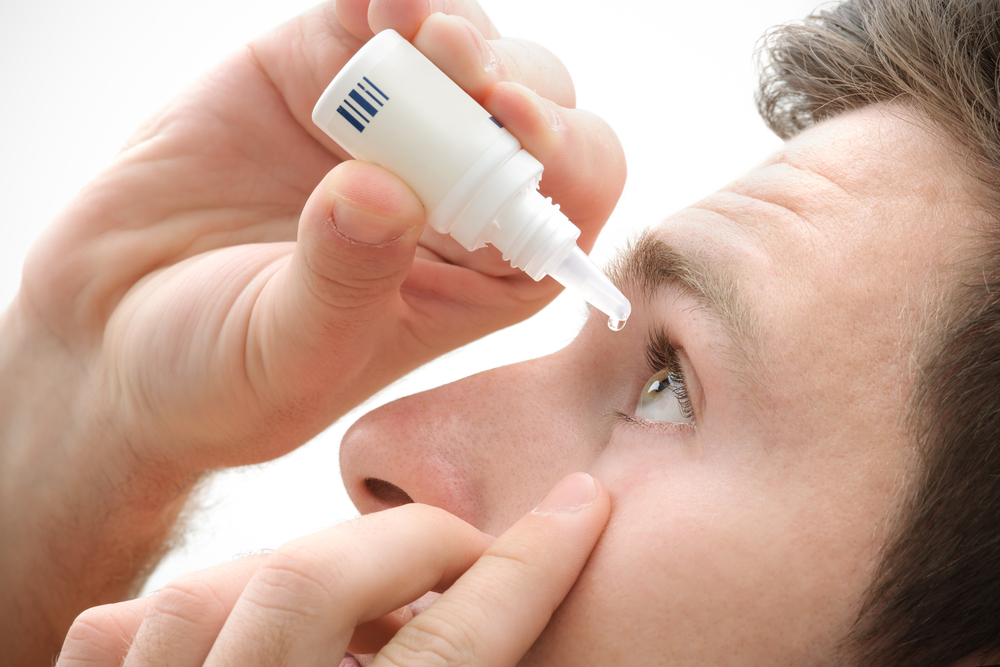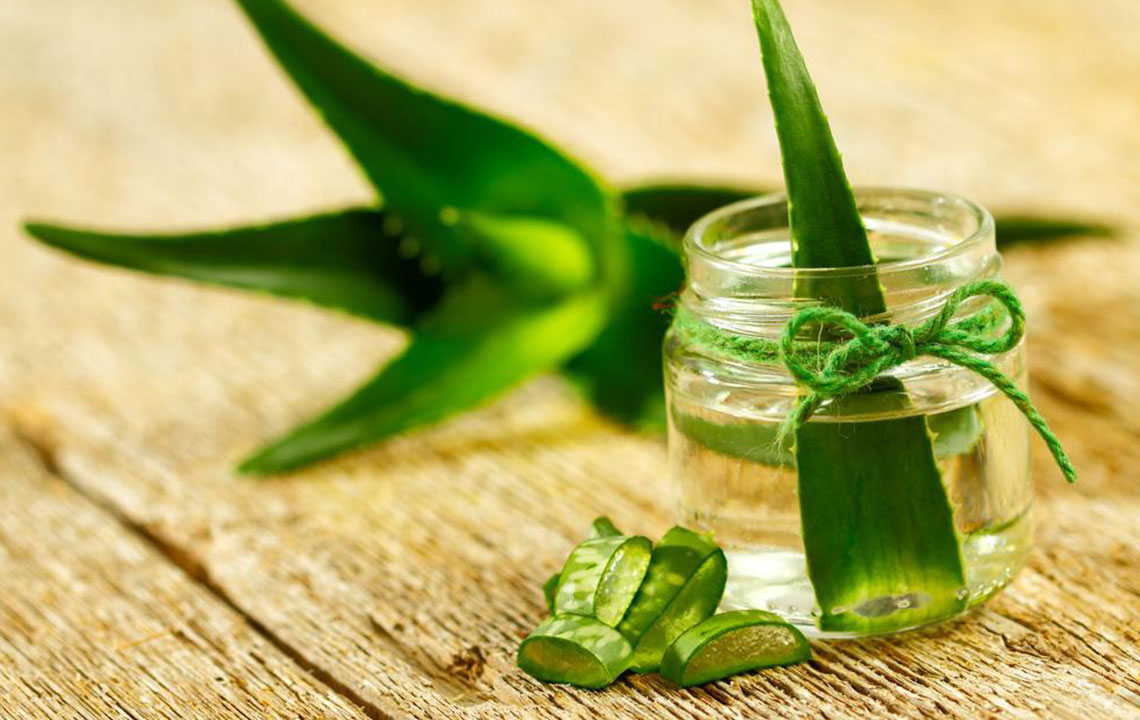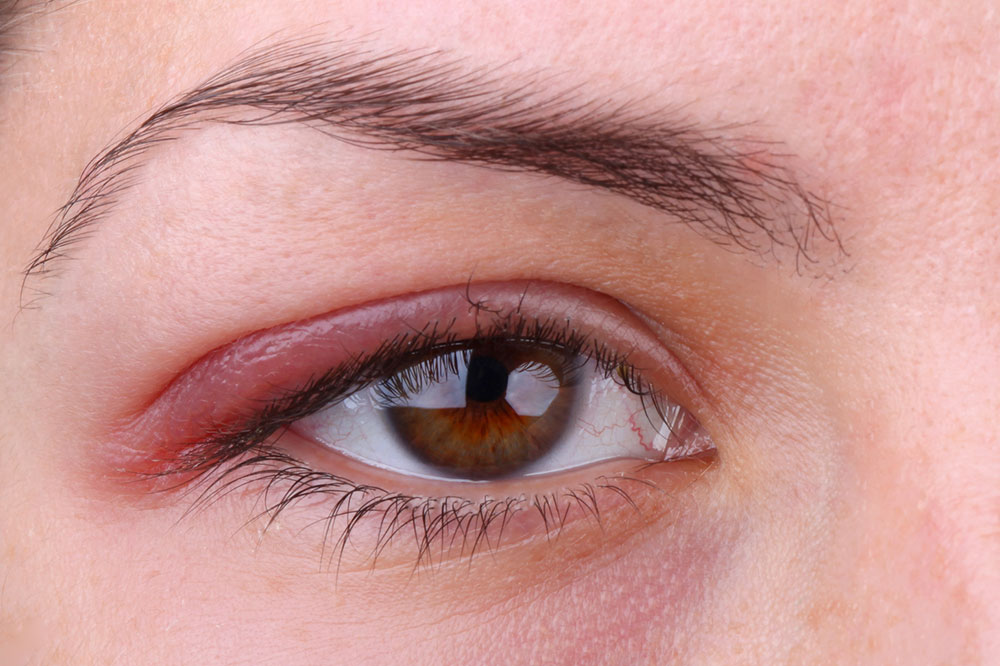Essential Nutrients for Maintaining Optimal Eye Health and Clear Vision
This comprehensive article explores four vital nutrients—vitamin A, vitamin C, vitamin E, and zinc—that are essential for maintaining optimal eye health and supporting clear, youthful vision. By understanding their roles and dietary sources, you can proactively protect your eyes from age-related conditions and environmental damage, ensuring long-term ocular wellness.
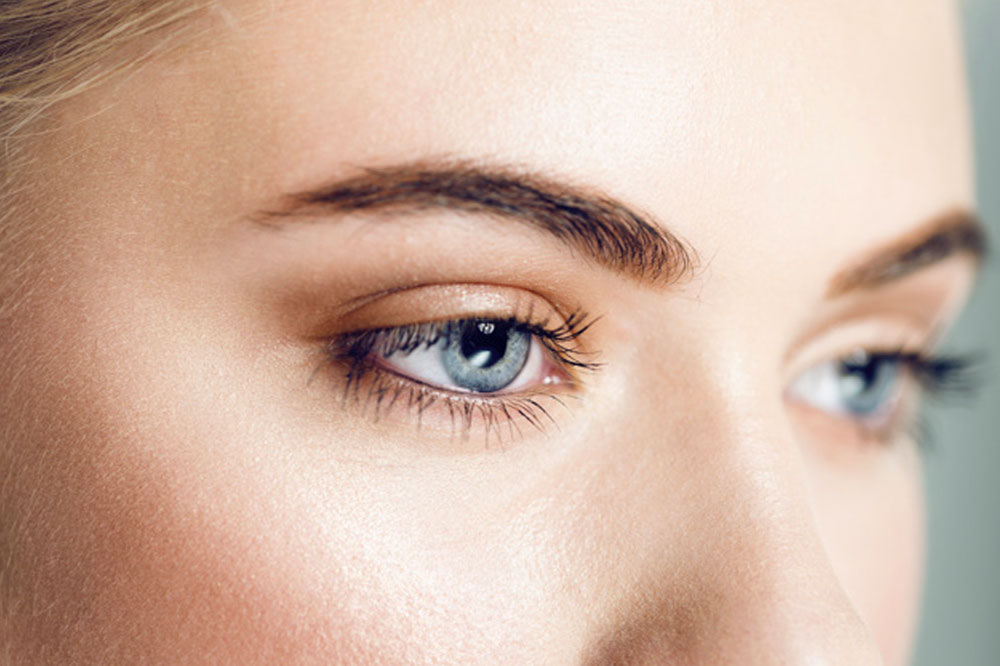
Essential Nutrients for Maintaining Optimal Eye Health and Clear Vision
The human eye is a marvel of biological engineering, enabling us to perceive the world in vibrant detail. Our eyesight plays a vital role in daily life, influencing safety, communication, and overall quality of life. Protecting and enhancing eye health goes beyond regular eye check-ups; it begins with proper nutrition. A diet rich in specific vitamins and minerals can significantly bolster eye function, prevent age-related deterioration, and safeguard against common visual disorders. In this comprehensive guide, we delve into four key nutrients crucial for maintaining sharp vision and long-term eye wellness.
Vitamin A: The Cornerstone of Vision Clarity
Vitamin A is widely recognized as a fundamental nutrient for vision health. It plays a critical role in sustaining the health of the retina, especially in low-light conditions. Deficiency in vitamin A can lead to night blindness—a condition where the ability to see in dim lighting becomes impaired—and dry eyes, which can cause discomfort and vision issues. Beyond that, vitamin A is essential for maintaining the integrity of the cornea and supporting the function of photoreceptor cells responsible for detecting light and color. A well-functioning visual system relies heavily on adequate vitamin A levels. Incorporating foods such as carrots, sweet potatoes, pumpkins, and dark leafy greens into your diet ensures your body receives enough of this vital nutrient. These foods are not only rich in provitamin A carotenoids but also support overall eye health, preventing deterioration over time and contributing to clear, sharp vision.
Vitamin C: The Antioxidant Shield
Vitamin C is a potent antioxidant that fights oxidative stress—a key factor in age-related eye diseases. Its high antioxidant capacity helps prevent the formation of cataracts and macular degeneration, two leading causes of vision loss among the elderly. Vitamin C promotes collagen synthesis, which is vital for maintaining the strength and transparency of the cornea and crystalline lens. By nourishing these structures, vitamin C helps preserve their clarity and function. Rich sources include citrus fruits like oranges and grapefruits, strawberries, bell peppers, and broccoli. Regular consumption of these foods can boost your eye’s resistance to damage, promoting longevity and clear vision as you age.
Vitamin E: The Cell Protector
Vitamin E acts as a powerful defender of eye cells by neutralizing free radicals—unstable molecules that cause cellular damage and accelerates aging of eye tissues. This antioxidant is particularly effective in lowering the risk of developing cataracts and age-related macular degeneration. Found abundantly in nuts, seeds, and vegetable oils, vitamin E supports the long-term health of your eyesight. Almonds, sunflower seeds, and flaxseed oil are excellent dietary sources rich in vitamin E. Incorporating these into your diet can provide added protection for your eye cells, ensuring your vision remains sharp and stable throughout your life.
Zinc: The Vision Support Mineral
Zinc is a trace mineral found in high concentrations within the eye tissue, especially in the retina and choroid layer. It plays multiple roles, including the production of visual pigments necessary for converting light into electrical signals that the brain interprets as images. Zinc also acts as an antioxidant, reducing oxidative damage to ocular tissues. A deficiency in zinc has been linked to poor night vision and the development of age-related macular degeneration. Rich sources of zinc include seafood such as oysters and crab, lean beef, eggs, pumpkin seeds, and peanuts. Ensuring adequate zinc intake supports overall eye health, improves night vision, and helps prevent degeneration associated with aging.
In summary, maintaining good eye health requires a strategic intake of specific nutrients that protect and support visual function. Combining a diet rich in vitamin A, vitamin C, vitamin E, and zinc can dramatically enhance eye resilience against age-related decline, environmental damage, and nutritional deficiencies. Regular eye examinations complemented by a balanced diet can serve as effective measures to preserve your eyesight for years to come. Prioritizing these essential nutrients in your daily meals is a proactive step towards a future of healthy, clear vision.
